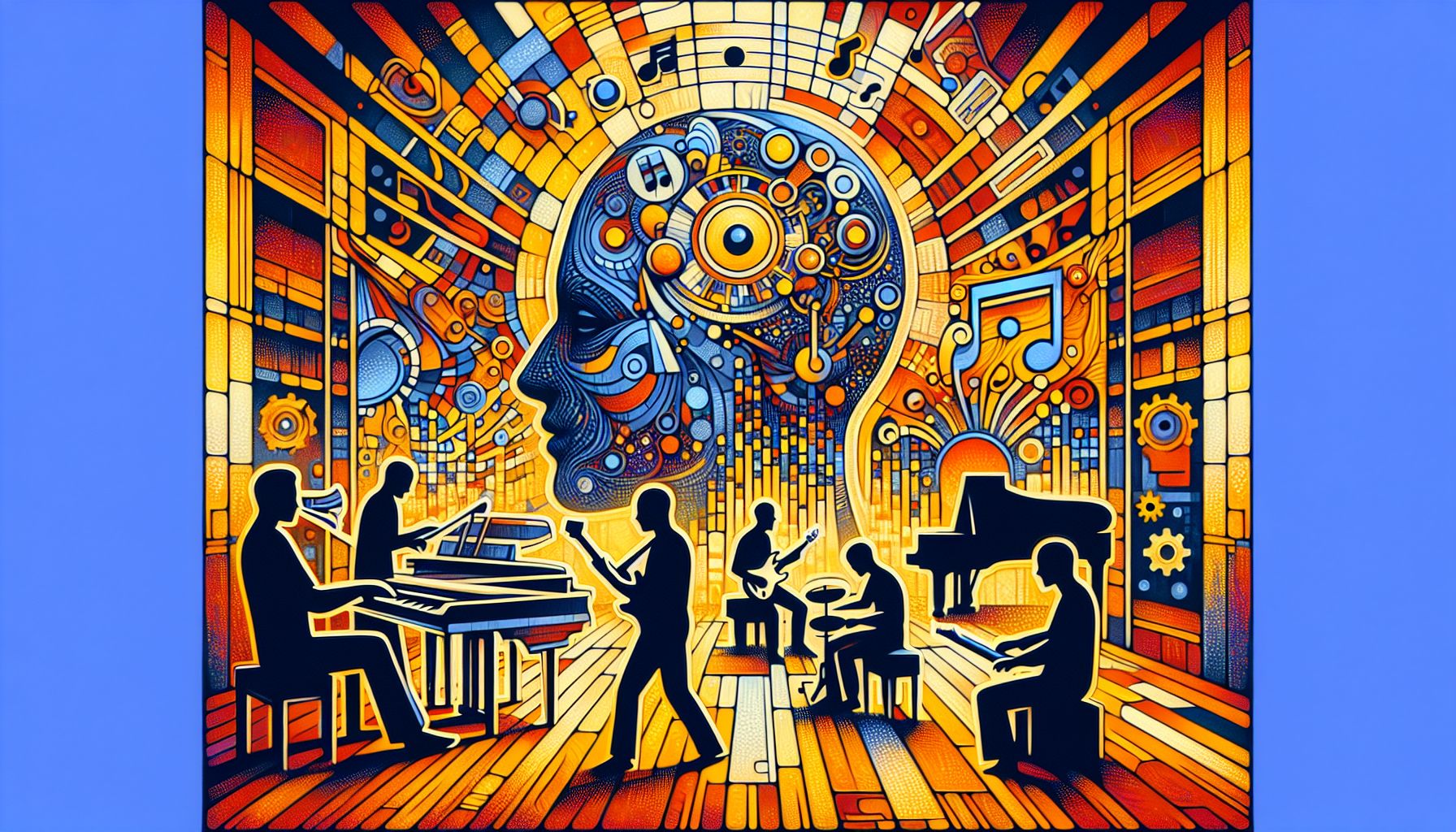AI Innovation Transforms Music Creation in Tilburg

Tilburg, Sunday, 29 December 2024.
Musicians in Tilburg, Netherlands, are using AI to revolutionize music production, sparking discussions on technology’s impact on creativity and authenticity.
Pioneering AI Integration in Music
In Tilburg, two prominent musicians are at the forefront of exploring artificial intelligence’s role in music creation. Tim van Noort, a 42-year-old rapper/producer, and Paul Zoontjens, a 45-year-old singer-songwriter, represent contrasting perspectives in this technological evolution [1][2]. Their ongoing experimentation and dialogue, which gained attention on December 28, 2024, highlights the transformative potential of AI in musical composition [2].
Divergent Views on AI’s Creative Role
Van Noort approaches AI as an innovative tool for expanding creative possibilities, viewing it as a means to enhance rather than replace human creativity [2]. ‘AI can help us find new sounds, but we must ensure it doesn’t replace human creativity,’ he emphasizes [2]. In contrast, Zoontjens expresses concerns about preserving artistic authenticity in an increasingly AI-driven landscape [1][2]. This tension reflects a broader debate within the music industry about balancing technological advancement with artistic integrity [GPT].
Impact on Artistic Process
The implementation of AI in Tilburg’s music scene represents a significant evolution since its initial introduction in 2017 [3]. The technology allows musicians to experiment with new sound combinations and compositional techniques that weren’t previously possible [2]. However, this advancement has sparked important questions about artistic ownership and creativity, leading to calls for what Zoontjens describes as ‘een tegenbeweging’ (a counter-movement) [1].
Future Implications
As these AI tools continue to develop, they are reshaping the landscape of music production in Tilburg. The ongoing dialogue between traditional artistic methods and AI-enhanced creation suggests a future where both approaches might coexist [1][2]. The experiences of van Noort and Zoontjens serve as a microcosm of the larger transformation occurring in the music industry, where artists must navigate the balance between technological innovation and creative authenticity [GPT].

